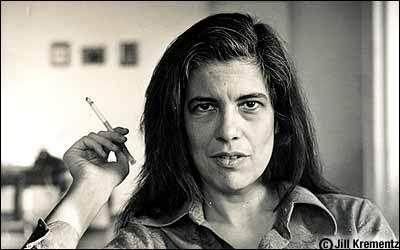 "But what makes essays last is less their argument than the display of a complex mind and a distinctive prose voice." (Atwan 29)
"But what makes essays last is less their argument than the display of a complex mind and a distinctive prose voice." (Atwan 29)-Susan Sontag
In Susan Sontag's essay about essays, she writes, "But what makes essays last is less their argument than the display of a complex mind and a distinctive prose voice" (atwan 29). It is not the topic an author chooses that makes an essay superior and lasting; it is the way the author presents the topic using his/her own unique style. essays are similar to love. Everyone has their own inimitable approach to love and their own manner in which they love others. No type of love is the most accurate, as long as the type is the genuine way that a particular individual loves. In writing an essay, the imagery, use of figurative language, syntax, and diction that an author employs to convey his thoughts and emotions on a subject is his/her own mind at work, communicating in its own unique method.
In the processes of writing an essay and loving another, the individual literally makes his/her love or his/her essay a reflection of his/herself. The way compassion is shown, the way tone is exhibited, and the way analogies and voice are presented reveal an individual's distinguishing persona. When Fifty-Cent loves, he loves "Like a fat kid love cake." Randy Travis says his love is "Deeper then the holler, stronger than the river, higher the the pine trees growing tall upon the hill, purer than the snowflakes that fall in late December, honest as a robin on a springtime windowsill, and longer than the song of a whippoorwill." Both types of love are lasting and memorable, but neither have any similarities besides being examples of sincere ways certain individuals love. Likewise, James Madison's essays on Federalism and Kitty Burns Florey's essay Sister Bernadette's Barking Dog have no organizational pattern or use of language that resembles one another, yet both are lasting because they reveal truth about their author's persona and special voice.
No one can say that Faith Hill's love, "The way you love me, it's a feeling like this, it's centrifugal motion, it's perpetual bliss, it's that pivotal moment, it's ahh... impossible, this kiss, this kiss," is more valid than Michael Bolton's who says that, "When a man loves a woman, can't keep his mind on nothin else, he'd trade the world f0r a good thing he's found." Both loves are just as lasting and authentic as Susan Sontag's essay where she says, "But what makes essays last is less their argument than the display of a complex mind and a distinctive prose voice," or Susan Orleans essay where she describes essays saying, "What mattered was that they conveyed the writer's journey, and did it intelligently, gracefully, honestly, and with whatever voice or shape fit best" (atwan 29, 24). Love and essays are human minds naked and exposed.